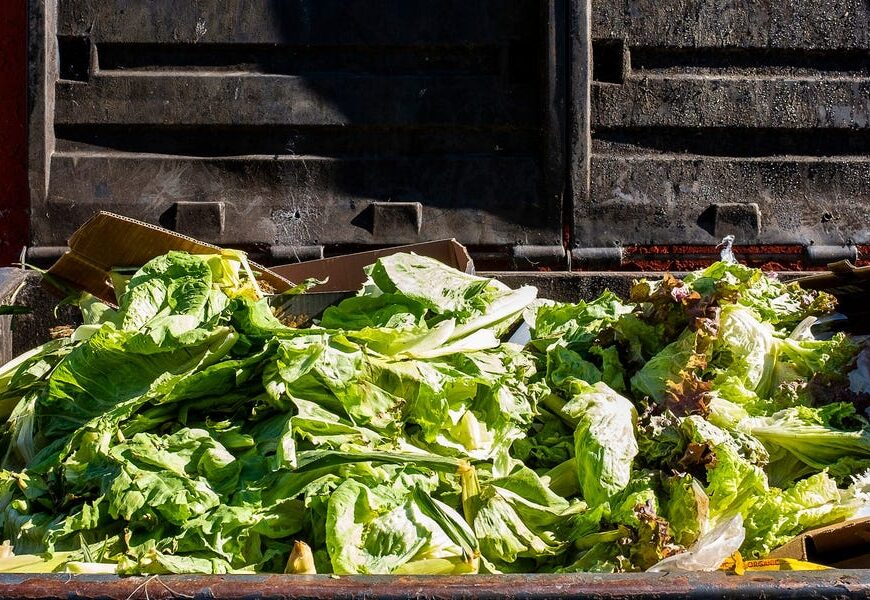Businesses are addressing the challenge of food wastage through the application of artificial intelligence (AI).
AI is being employed by restaurants and food establishments to minimize food wastage by analyzing and optimizing their processes. In the United States, an alarming 30% to 40% of cultivated food is discarded rather than consumed, highlighting the urgency of this issue.
To combat this wastage, businesses are leveraging AI technology to scrutinize food disposal patterns, inventory management, and consumer purchasing behaviors.
The integration of AI in waste management extends beyond traditional applications, reaching into the realm of food sustainability. Companies are harnessing AI algorithms to evaluate purchasing trends, identify surplus inventory, and streamline operational efficiencies.
For example, companies like Afresh are utilizing AI algorithms to streamline inventory management in grocery stores, with a focus on reducing waste and promoting healthier food options. Similarly, Winnow has developed AI-powered systems that monitor and analyze food wastage in commercial kitchens, enabling businesses to make informed decisions to minimize excess food production.
By leveraging AI insights, restaurants can optimize their menus, reduce overproduction, and enhance cost-effectiveness. This proactive approach not only minimizes financial losses but also contributes to environmental sustainability by curbing food wastage.
The global population is projected to exceed 9 billion by 2050, intensifying the urgency of addressing food wastage. According to the United Nations Environment Program, individuals in lower-income brackets spend a significant portion of their earnings solely on food, underscoring the significance of reducing wastage to alleviate resource strain.
Efforts to mitigate food wastage not only alleviate financial burdens but also have far-reaching environmental benefits, such as conserving water resources and mitigating deforestation. By embracing AI-driven strategies, businesses can play a pivotal role in fostering a more sustainable and efficient food ecosystem.










